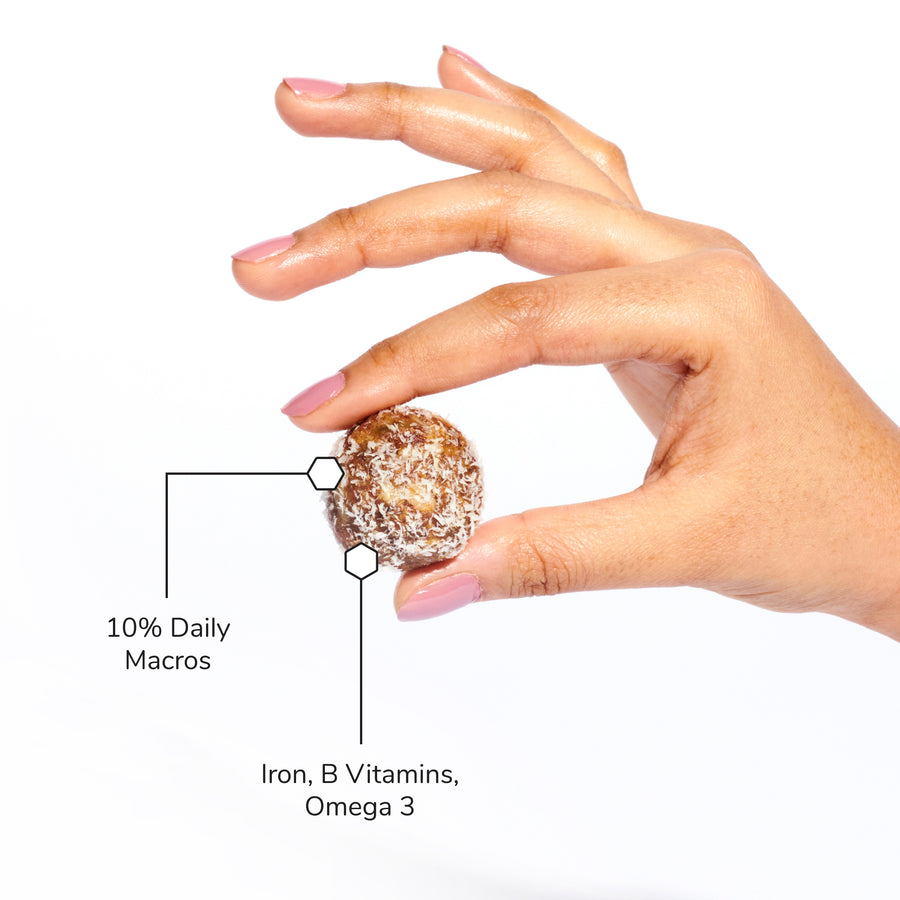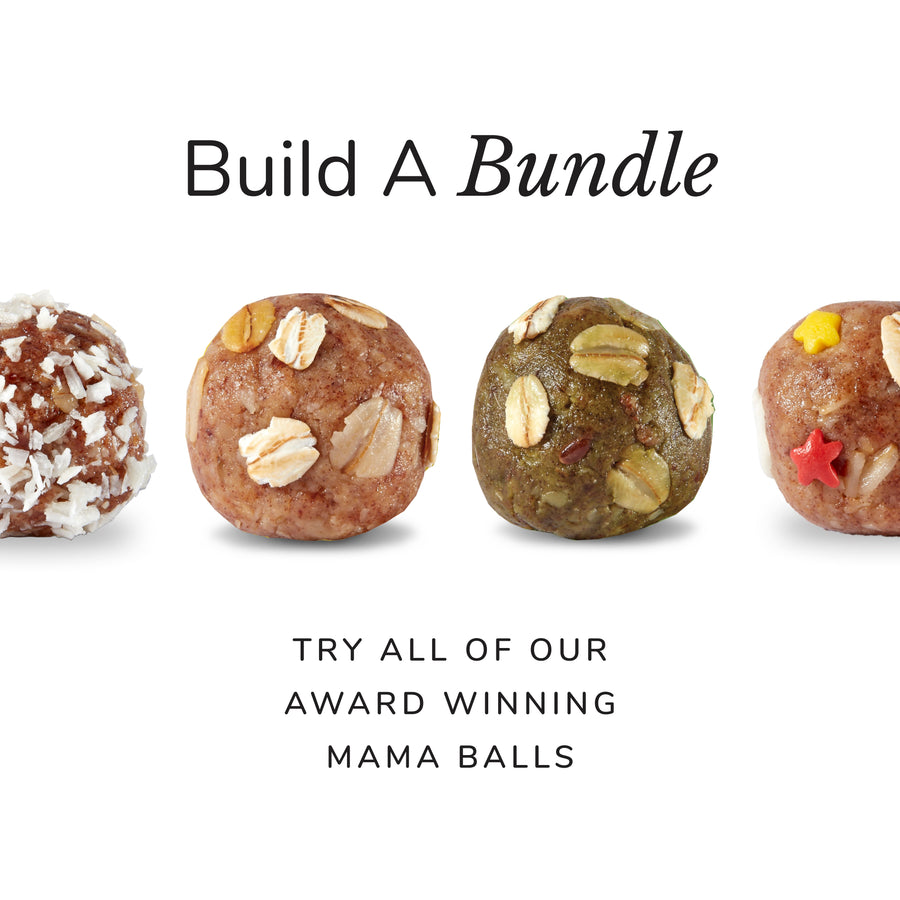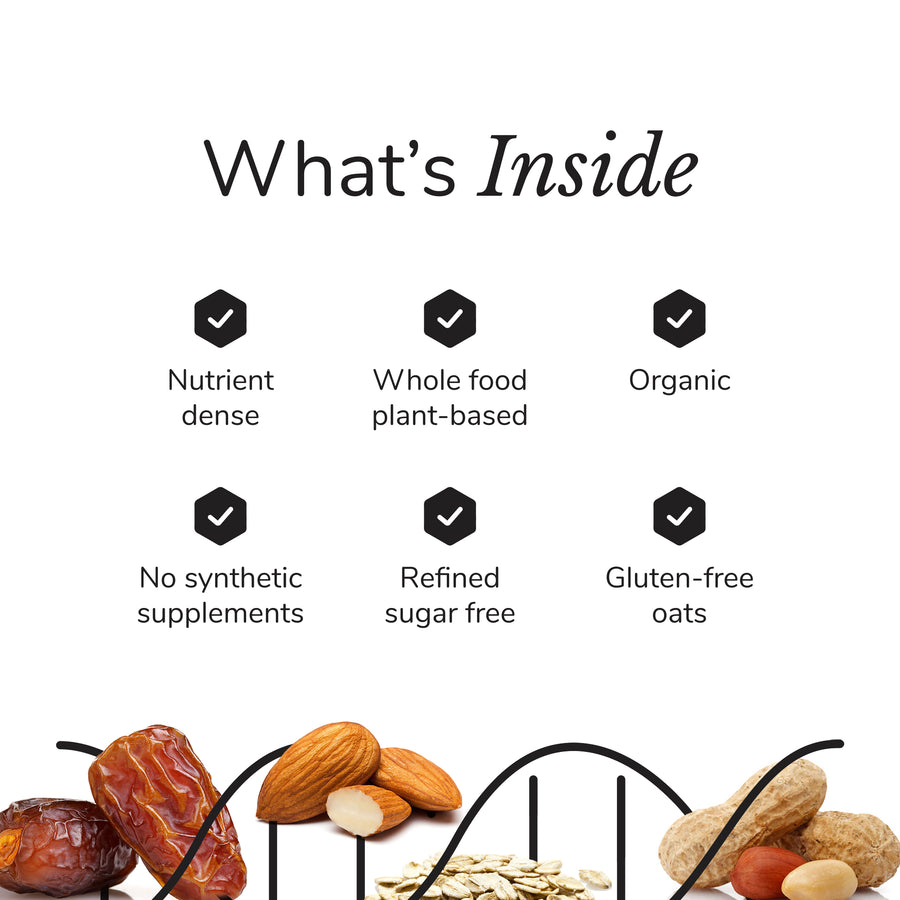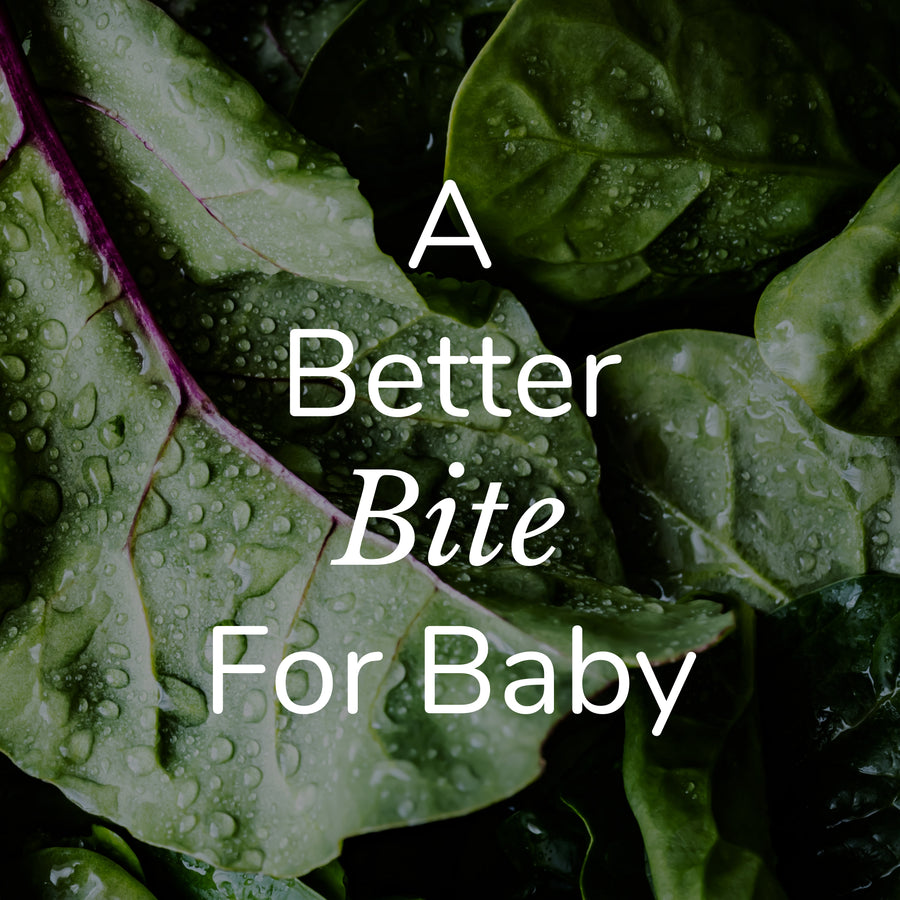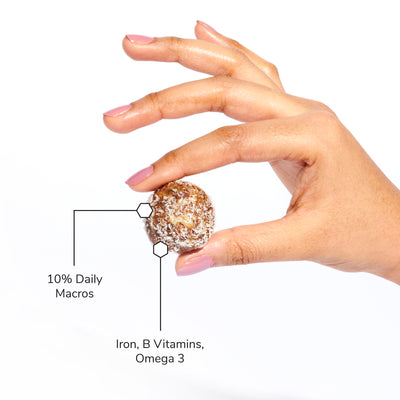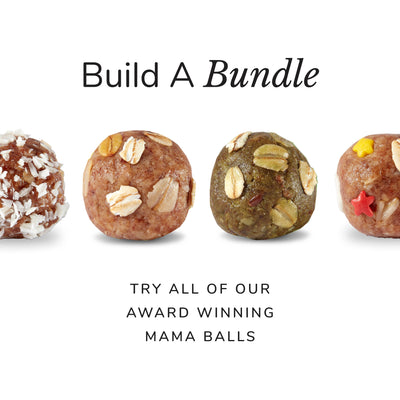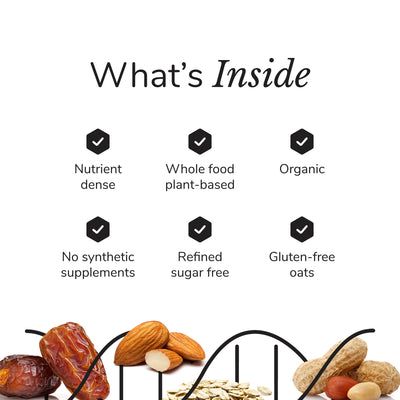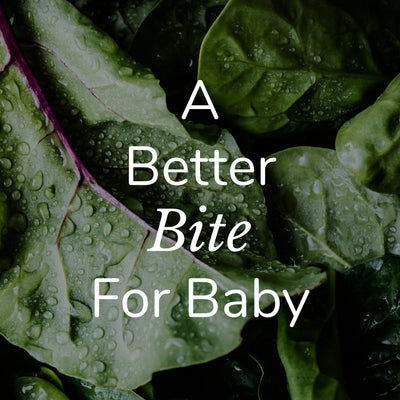
Name: Rachelle LaCroix Mallik, MA, RD, LDN
Age: 37
Children’s ages: 4.5yo, 1.5 yo
City: Chicago
Occupation: Post-baby: Owner and Dietitian, The Food Therapist, LLC; Pre-baby: full-time clinical dietitian
Instagram handle: @rachellemallik
1) Exploring identity change in motherhood.
What was the transition to motherhood like for you?
Although I knew becoming a mother would be a major life change, the transition was harder than I expected. Initially the sleep deprivation and painful breastfeeding (that happens 8-12 times a day!) were my biggest struggles. Those got better with time and some effort, as well as lactation support. The transition from one to two children was also more challenging than I expected - surely it didn’t help giving birth just a few months before a pandemic, but even in “normal times” navigating their routines and addressing the physical and emotional needs of more than one child is significant. The thing about becoming a parent is you’re always encountering new transitions as your children grow so I’m still adjusting and growing too.
How did your identity change?
I became a mother. No matter what other titles or roles I have - daughter, sister, wife, friend, dietitian - my children are now my number one priority so I feel like I am a mother first. I still try to prioritize myself though because you can’t pour from an empty cup.
Did your career change?
After my son was born, I considered my childcare options and ultimately decided I wasn’t ready to go back to work when he was six weeks old. With my husband’s support I chose to stay home with the baby and resigned from my full-time clinical dietitian role, but I also knew I wanted to continue working as a dietitian. Given my professional experience in fertility and prenatal health coupled with my personal experience becoming a mother I started my private practice focused on reproductive nutrition when my son was five months old. I started as a telehealth practice to have more flexibility with a young baby, but it’s turned out to be easier for my clients too and nutrition is well suited to telehealth. Plus my practice was ready for 2020!
How would you describe yourself pre baby? How do you describe yourself now?
Honestly it’s hard to remember without really sitting on that question for a while! My sister had children at a younger age so I became an aunt when I was 22, but I was pretty clueless about what it’s really like being a parent. Now I get it, even more so after having a second child. I also prefer going to bed way earlier - staying up late makes me anxious since I know that I’ll have to be up early in the morning no matter what!
2) Understanding that you can’t completely prepare.
What do you wish you knew that you learned the hard way?
It sounds ridiculous but don’t talk about how well your baby is sleeping. Maybe it’s just my little ones, but anytime I said something positive about their sleep, they were up several times that night or at the crack of dawn.
Knowing what you know now, what would you change?
If we’re referring to my response above, I just say “I’d prefer not talk about it”, even with the pediatrician haha!
3) Getting all the gear.
What would you definitely purchase?
There is so much baby stuff - it can be really overwhelming not to mention expensive. But these are a few things I found super helpful and would buy again. Swaddles and sleep sacks, a silicone breast pump, breastfeeding pillow, baby carrier, bouncer seat, lightweight travel crib and a baby tub (unless you have a kitchen sink that isn’t full of dishes all the time!)
What was a total waste?
Cute baby clothes with buttons - tiny baby clothes buttons are the worst! Even snaps get tiring after a while. I’m team zippers, or just snaps at the crotch for diaper changing.
What do you actually need?
When they’re newborns, just diapers, some onesies (ideally with foldover cuffs for their tiny talons), swaddles and a safe place to sleep like a bassinet in your room. A glider or rocking chair is also great for soothing baby and breastfeeding.
4) What about mama?
We’ve found that with all of the focus around the baby, moms tend to put themselves last. This can be as true for finding a minute to take a shower or bathroom break as it is for being able to eat or prepare meals. If you're breastfeeding this becomes even more critical as your nutrition becomes your babies. Did you struggle to eat well in the first few months post birth?
I found it hard to find the time to prepare meals, especially dinner, but being a dietitian and as someone who enjoys food, I prioritized eating and including a variety of foods. I definitely took more short-cuts for food prep than I did pre-baby so that I would actually be able to eat the food instead of spending an hour preparing it. In some ways I’ve struggled more since my younger one became a toddler - she eats very quickly and wants to leave the table or throws a tantrum over some tiny detail so I feel like I have to shovel food in my mouth which really takes the pleasure out of eating.
What would have been helpful? What worked for you?
I wish with my first that I had some meal delivery services for dinnertime. What worked for me was baby wearing for meal prep and/or eating or the Bjorn bouncer seat when my babies were a little bit older but not sitting at the table yet. Keeping ready to eat foods on hand was helpful too - roasted nuts, granola and dry cereal (especially for middle of the night snacking in the early weeks), string cheese, baby carrots or other prepped veggies, hummus, whole or washed fruit, energy bites/bars, kefir and yogurt. As for the struggle now, if anyone wants to come play with my daughter after dinner so I can enjoy my food, that would be great!
5) Feeding Baby (0-6 months)
Nothing seems to have created more judgement than the way we choose to feed our children. Breastfeeding is filled with benefits, but not always possible for a myriad of reasons, and that’s OK too. What do you learn from the feeding journey that you wish you knew going in?
It can be really challenging at the start, and even if it’s not supposed to hurt, it definitely can. Get support from a lactation consultant - nothing compares to hands-on help.
6) Routines & Activities
Routines can be a lifesaver in the early days, even if just for your own sanity. What worked for you? Did you try to keep to a schedule?
Newborns are notorious for not having a schedule or knowing the difference between night and day, which is really difficult if you’re used to actually sleeping at night! I found having a cup of coffee (half-caff for me) in the morning and regular meal times made me feel more normal.
7) What are some favorite books and activities to do with your baby (0-12 months) and toddler (12-24 months?).
This question brings up my second child guilt - my daughter was born four months before the start of the pandemic so just as we were emerging from the fourth trimester and winter in Chicago, back inside we went along with her older brother whose daycare closed. I felt bad that she was not getting the same one-on-one attention and activities like her brother did. We made it to Baby & Me yoga classes after I was cleared for exercise, and I’m very grateful we had that time together. When indoor activities were not an option and our condo was feeling very small, we got the Lovevery kits, which were a nice way to engage and play with her. As for books before a year old, lift-a-flaps were always a hit. Some of their favorite toddler books have been I Am Enough, Girl of Mine, Mama and Dada (Jimmy Fallon’s books), Baby Feminists, Counting with Frida and Besos for Baby.
8) What traditions are you creating and celebrating?
My husband and I have an interracial, intercultural and interfaith marriage so we expose our children to our religions and we’re adapting family traditions to make them our own. We both grew up in the Northeast so we’re also creating local traditions as we get to know the Chicago area as young parents.
9) Sleep glorious sleep.
Sleep deprivation is real! Because it’s not challenging enough to learn to look after a tiny human. How did you make it through with getting your baby to sleep as well as yourself?
Didn’t I say I don’t talk about sleep?! ;) My best tip for the newborn days is to take an afternoon nap when the baby does.
Any final words of wisdom you’d like to share?
Try not to judge your postpartum body, especially in the fourth trimester when there is so much change. I know it can be frustrating when maternity clothes are too big but your pre-pregnancy clothes don’t fit either. Find a few affordable pieces to dress your current body (with nursing-friendly options if you’re breastfeeding) and rather than restrict calories, make food choices to nourish your body and support your healing from pregnancy and birth.
Nunona Mama Balls
An award-winning postpartum snack designed to nourish new moms, support breastfeeding, and provide essential nutrients for baby.
1 box is 1-week supply (28 energy bites).
4 plant-based energy bites a day give you:
- The extra 300 calories you need
- 10% daily macronutrients to fuel postpartum recovery
- Iron* for babies brain and body development
- B Vitamins* to support a strong nervous system
- Omega 3* for babies brain development
*Essential nutrients for breastfeeding mamas to pass on to baby via breast milk.
- Free Shipping, Over $75
- 30-Day Money Back Guarantee
- Easy Cancellation, Always

